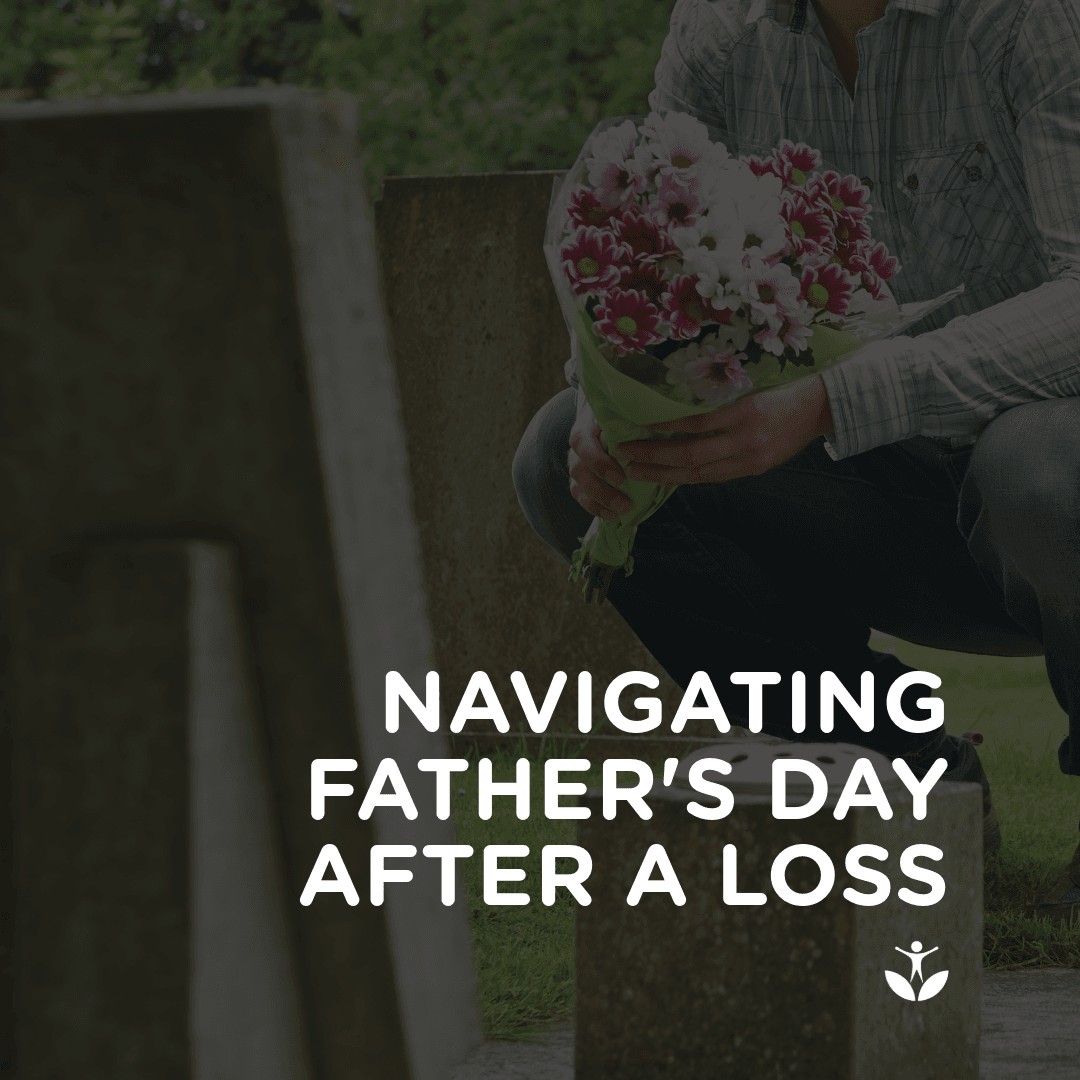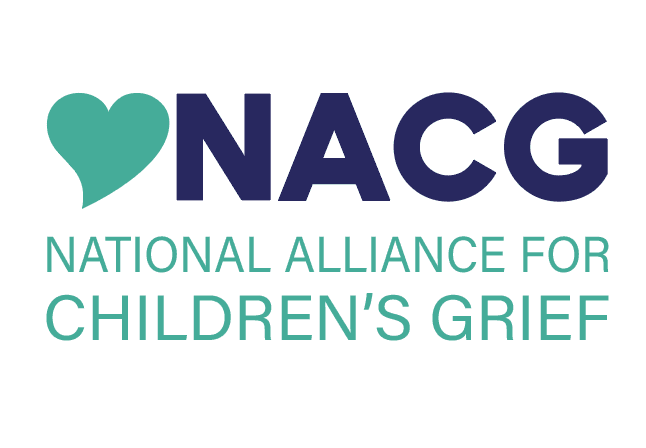
Certain times of the year can be particularly difficult for those who have lost parental figures in their lives or who themselves have lost a child. It can feel overwhelming to be met with social media posts of celebrations, parental acknowledgements, and children’s milestones while confronting a loss of your own. For many, simply making it through the day is the goal. During difficult times when the loss of a parent or a child particularly stings, there can also be added pressure of having to communicate your loss to others. This process is further impacted by the relationship with your loved one and where you are in your grieving process. Setting a goal can help you select tools and strategies to help you make it through the day.
Acknowledging Nuanced Experiences: Understanding the complexities of the grieving process is deeply important. It is equally important to understand the varied experiences we have in our relationships with our loved ones can complicate this process even further. For example, some have close relationships with their parents while others do not. Some see their biological parent as their main support, while others may view other role models as their parental figures. It is important to acknowledge the complexity of these relationships when addressing experiences of grief and the emotions that arise with it. Some people may lean towards emotions of love and bereavement towards their loved ones while others may lean towards anger or resentment and everything in between. All the complex emotions that arise during grief are completely normal. Navigating through these challenging days filled with constant reminders of our losses can help ease the pain and encourage healing.
Setting Intention: The first step in understanding how to cope with such a significant loss is establishing an intention for the most challenging days. These intentions can look different for everyone, but setting them allows you to choose activities and strategies that resonate with your needs in order to make the difficult day a bit easier. Here are some potential goals and activities to consider as specific anniversaries or holidays approach:
Celebration of Life and Commemoration: You may choose to spend your day as a time of reflection. Here you can decide to engage in activities to reflect on past experiences with your loved one as well as honor and commemorate their memory. Through celebrating their life and commemorating their memory you can turn your grief into an act of honoring your loved one.
Engaging in Meaningful Activities: One idea you can engage in is to remember activities that you previously enjoyed doing with your loved one. Perhaps you can visit a location that your loved one enjoyed or pay a visit to them at the cemetery. Be intentional about the way you spend your day and find little ways to incorporate their memories.
Gathering with Family and Friends: On specific holidays, many people gather to celebrate their loved ones. You may choose to commemorate your lost loved ones during this time. This can be a time to share your favorite memories with each other, or to bring objects that remind you of your loved one and share these objects as a community. Pull out old photo albums and create a digital scrapbook or slideshow filled with cherished memories. Share stories with loved ones over a virtual dinner, celebrating their life and the impact they made on you. Reaching out for extra support and connecting with your community of loved ones becomes essential. Finding solidarity with those who understand your journey can alleviate the sense of loneliness, bolster your resilience, and help you navigate the day.
Avoiding Triggers and Prioritizing Self-Care: This holiday can be emotionally heavy. Spending time with yourself and prioritizing self-care can be effective in coping with these emotions.
Social Media Cleanse: Social media can be one of the biggest triggers for grief and loss during significant days. Being bombarded with pictures of other peoples’ loved ones can feel overwhelming. Making an active effort to reduce your engagement on social media can be helpful during this time. You can silence notifications on your phone, temporarily delete apps, or engage in different types of media that may feel less challenging.
Distraction and Self-Soothing: One proven method to reduce overwhelming feelings is distraction. Be mindful that distractions are a temporary solution. If used to avoid confronting grief feelings, it can have detrimental effects in the long term. Temporarily engaging in activities can help ease ruminative thoughts of loss. Engage in activities that you know will elicit different emotions than the ones you are feeling. For example, you can choose to fill your day up with other tasks, such as watching some of your favorite films, or engaging in some crafting. Choose to engage in activities that bring you sensations of comfort. You can reflect on positive experiences or cuddle up with a warm blanket. Making sure to surround yourself with a soothing environment can help reduce the intensity of negative emotions.
Letter Writing: Write a letter to your loved one expressing your feelings, both joyful and sorrowful. You can write about what you miss most, unresolved issues, or lessons you learned from them. You can also choose to write a letter where you update them on events in your life. This can be a powerful tool for processing your grief and reconnecting with your loved one on this holiday.
Whichever techniques you decide to use to honor a parent or child after a loss, ensure it is a celebration that reflects your unique path and preferences. Whether you choose to reminisce quietly, partake in cherished traditions, or embark on a new ritual that symbolizes the bond you shared, let your heart guide you.
The Children's Bereavement Center “CBC” is a 501(c)(3) nonprofit organization providing FREE grief support groups for all ages (4+). Lift From Loss® is a division of CBC providing support for young adults and adults. For additional resources, visit our website at www.childbereavement.org. To register for our free virtual grief support groups, call us at (888) 988-5438 or e-mail support@childbereavement.org.







